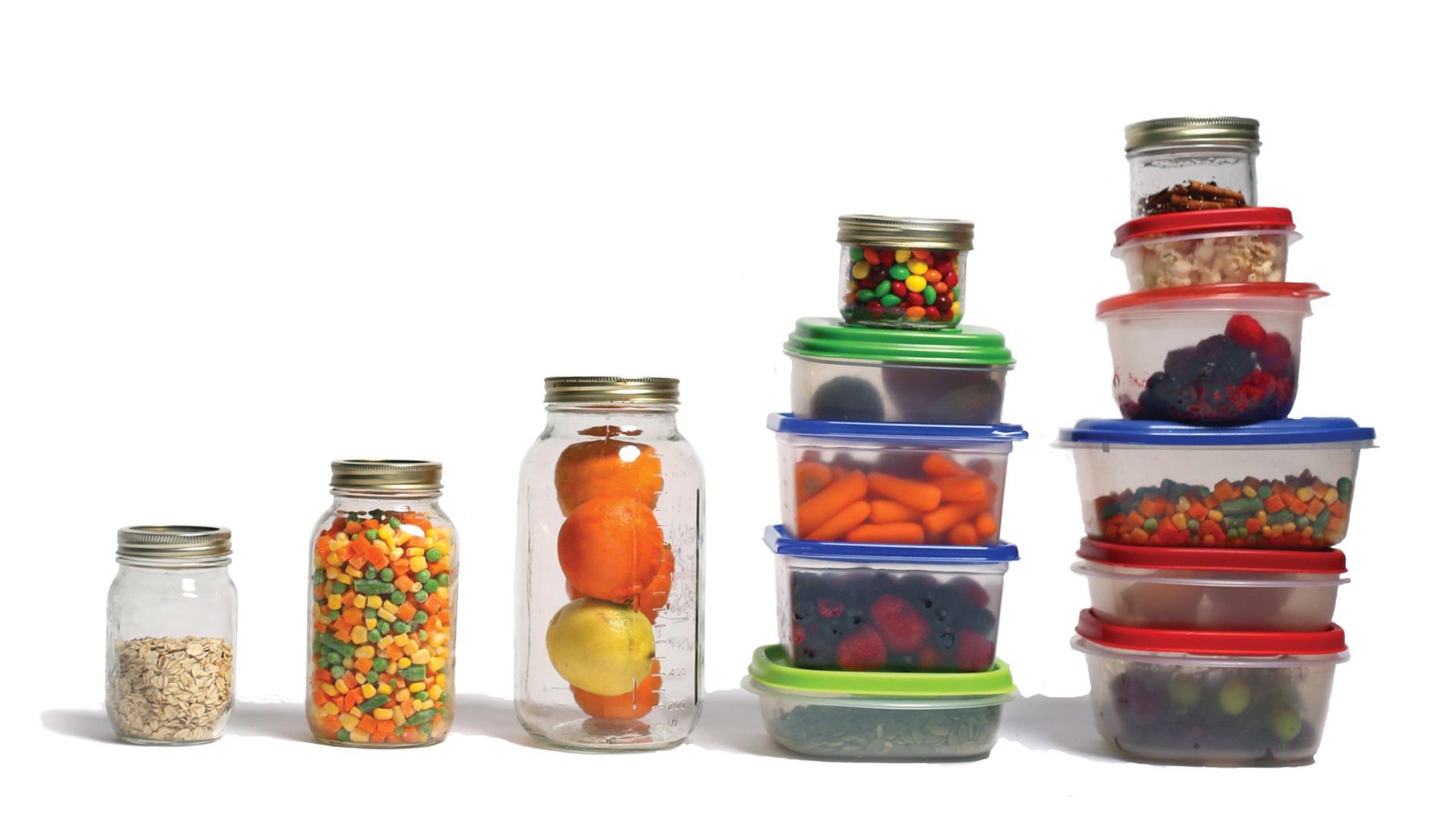By Chelsey Gould
Nearly 25 million tonnes of waste were disposed across Canada in 2016, according to the Recycling Council of Ontario (RCO).
Today, many institutions, companies and individuals are finding ways to reduce their waste impact. However, going waste-free does not happen overnight—especially if you’re a student.
Here are some ideas from Ryerson students practicing minimal waste habits to get you started.
Plan what you need
You can save money by packing lunch, a bottle and utensils. Some places such as the Hub Café by Ryerson Eats, Starbucks, Balzac’s and Tim Hortons offer beverage discounts when you bring a cup. According to a CBC investigation from 2015, Canadians used over 1.5 billion disposable coffee cups in 2010, which currently aren’t recycled in Toronto.
Second-year business management student Hania Strzechowska said her biggest struggle is being prepared. “You have to bring your stuff and plan everything,” she said.
Changing habits might seem awkward, but it sets an example for others. Sofía Ontiveros, a second-year performance dance student, is a regular at the Ram in the Rye, and she said one waiter stopped giving her straws after noticing she was always declining them. “A personal benefit is people noticing, that’s when I feel the most accomplished.”
Last year, Ryerson started offering dine-in dishes at the two residence meal halls—meaning that the dishes stay there to be washed. Meanwhile, the Hub Café only has disposable take-out options. So, if you’re looking for a meal, consider eating from the residences if you can.
Rethink your clothing
Sort out what clothing you actually want to wear. The rest can be donated or repurposed—sheer clothing is great material for sewing produce bags.
“I never buy [things] that I can’t wear in seven different situations,” said Amelia Rose Ritthaler, a third-year media production student. She follows the infamous Netflix series, Tidying Up with Marie Kondo, when cleaning her closet. “You are so happy all the time because you have these things that you care and love about.”
In North America, 9.5 million tonnes of textiles end up in waste fields, according to the RCO. There are not any used clothing stores in the immediate area around Ryerson, but the Fashion Zone and the Social Ventures Zone will occasionally host clothing swaps on campus.
Buy food in bulk
Through a bring-your-own container program, people can have personal jars weighed before they add in bulk food so that the weight is deducted from the final purchase. The only store offering this near Ryerson is Bulk Barn at Church and Carlton streets. Commuters may be able to take advantage of programs at places such as Karma Co-op near Bathurst Station and the soon-to-open Unboxed Market at Dovercourt Road and Dundas Street West.
Reusable bags can also be used for produce and bulk at supermarkets such as Metro and Loblaws.
Invest in different cleaning and hygiene products
These might seem expensive upfront, but because of their durability they will save money in the long run. Lush in the Eaton Centre sells shampoo bars that equate to three regular shampoo bottles—which could save you money long-term. Also consider items such as biodegradable bamboo toothbrushes, safety razors and soap without wrapping.
Those who experience periods can consider menstrual cups, reusable pads or period underwear. Cups capture flow inside the vagina and should be emptied once every 12 hours, while the other two absorb liquid to be washed out. The average tampon user will use 11,000 in a lifetime—a lot of waste and money.










Leave a Reply